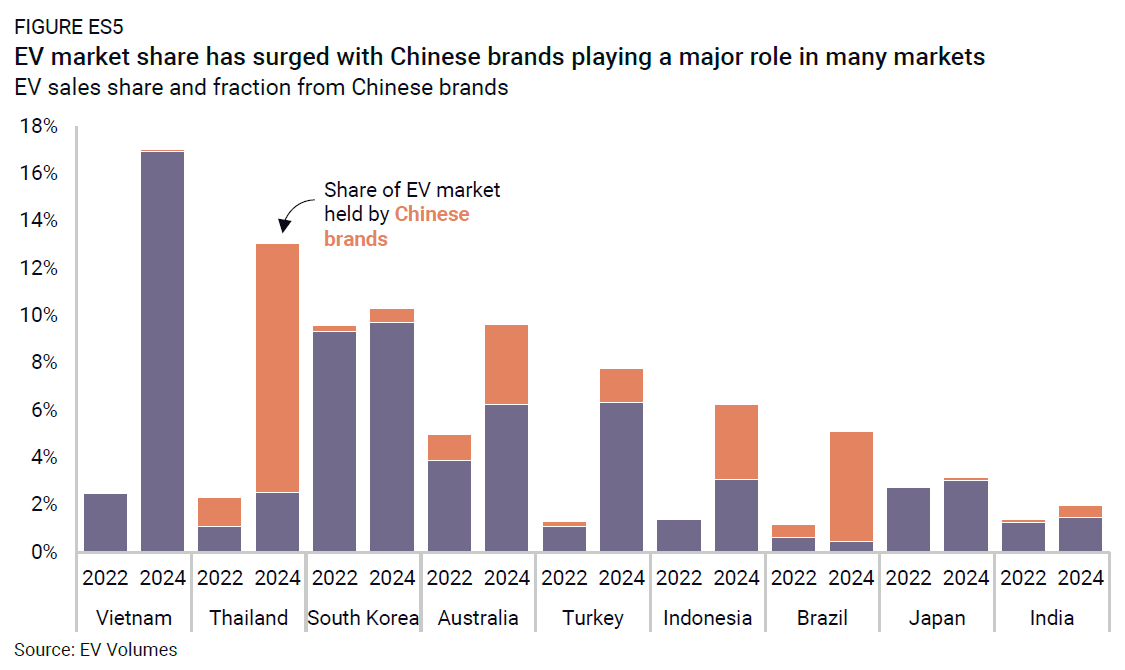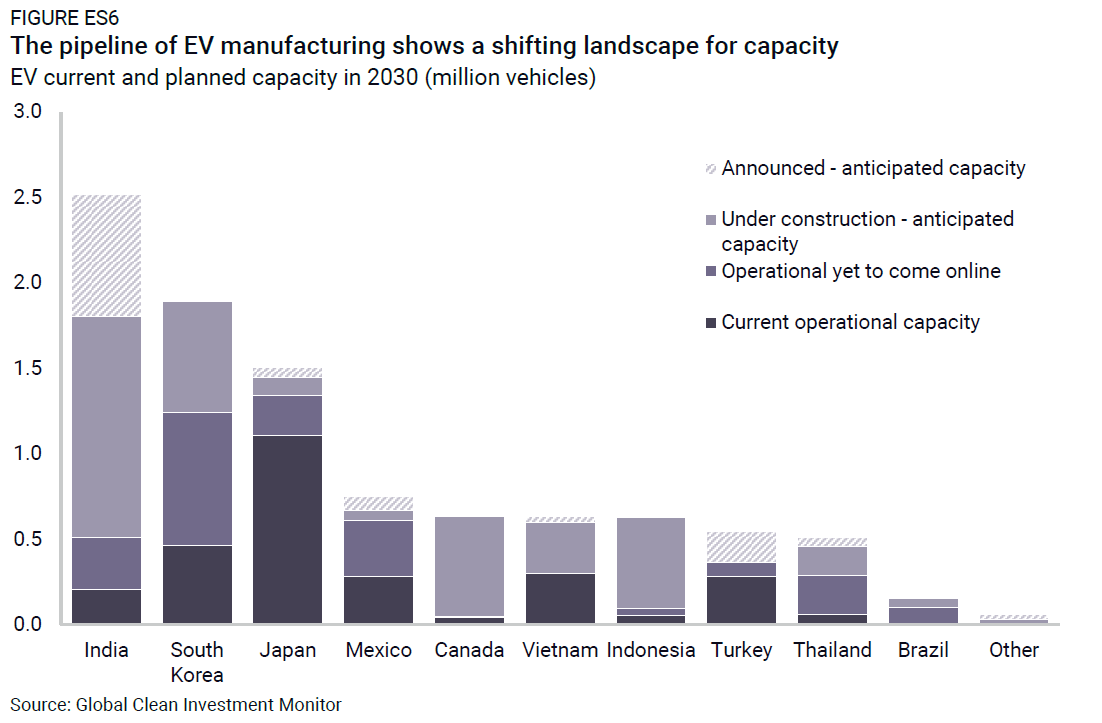
Rhodium Group
@rhodium_group
Rhodium Group is an independent research provider, combining policy expertise and data-driven analysis to help decision-makers navigate global challenges.
The Trump administration’s decision to let NVIDIA sell its H20 chips to China is a sharp break from Biden-era controls, but its vision of keeping China hooked on US AI tech doesn't comport with Beijing's self-reliance push. rhg.com/research/back-…
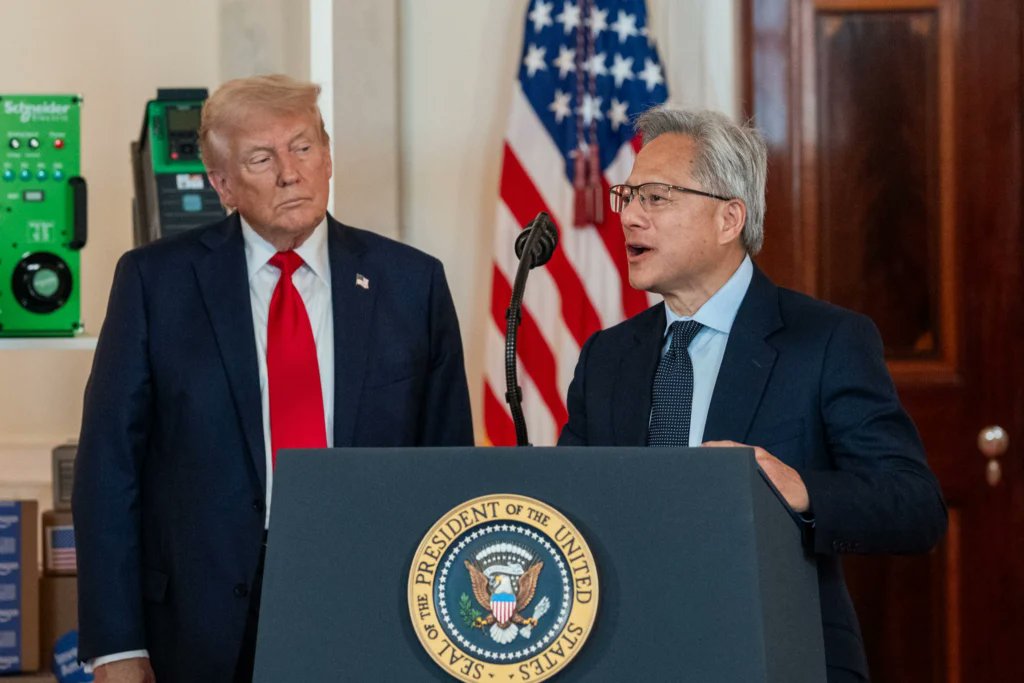
The Trump administration’s decision to let NVIDIA sell its H20 chips to China is a sharp break from Biden-era controls, but its vision of keeping China hooked on US AI tech doesn't comport with Beijing's self-reliance push. rhg.com/research/back-…

Twenty years ago, China broke its de facto peg of 8.276 RMB to the US dollar and started a process of reforming its exchange rate regime. We review what has and hasn't changed over the last two decades: rhg.com/research/20-ye…
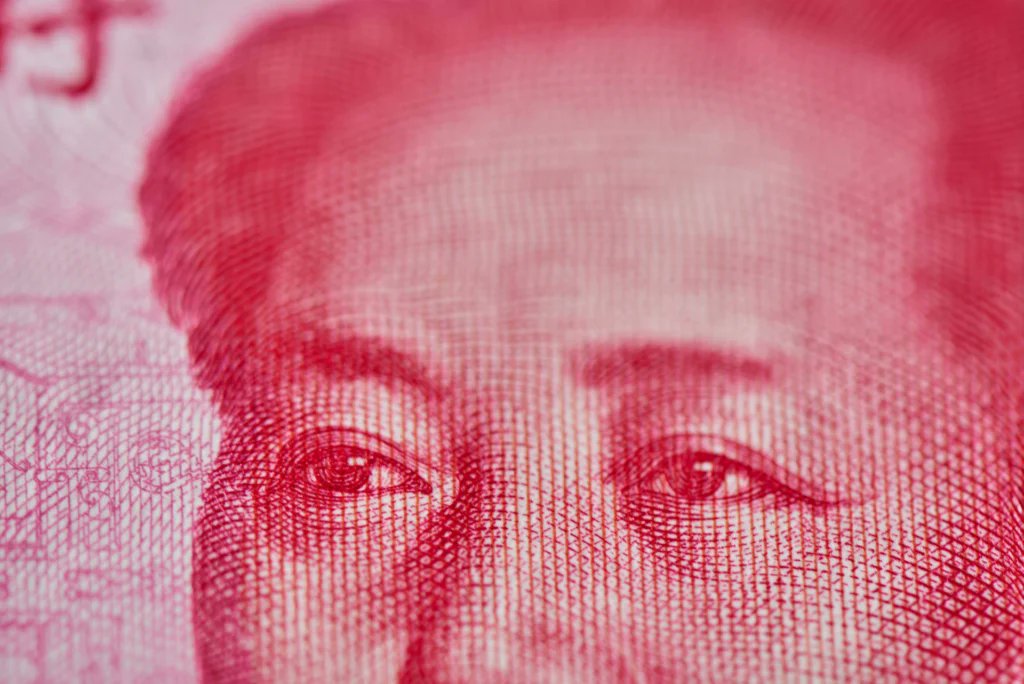
Each quarter, we release a new batch of data on China's completed FDI transactions across the world through the China Cross-Border Monitor. You can sign up for free email alerts when new data is available here: rhg.us13.list-manage.com/subscribe?u=e3…
While balancing IP protection and sharing specialized knowledge with equitable technology transfer is essential, enabling policy and supportive infrastructure will likely be more critical factors in scaling up the DAC industry in the US and abroad. rhg.com/research/intel…

In our latest note, we compare direct air capture to two previous energy innovations (hydraulic fracturing and solar photovoltaics) to assess how important IP protections are in the global dissemination of the technology. rhg.com/research/intel…

In this first edition of the new Global Clean Investment Monitor, we explore how—after decades of national policy support, primarily in the US, China, and Europe—electric vehicles and batteries have been catapulted into mass commercialization. rhg.com/research/globa…

“This creates a risk that energy projects just won’t get built, says Ben King of Rhodium Group. "At the same time, China is adding staggering electricity capacity.” washingtonpost.com/climate-enviro…

The Senate’s version of the budget reconciliation bill largely maintains cuts to energy-related tax credits and other climate and clean energy programs. We summarize these provisions and provide a preliminary analysis of the impacts. rhg.com/research/senat…

We estimate China's total electric vehicle fleet is already displacing over 1 million barrels per day in implied oil demand—equivalent to roughly the daily oil production of Oman. That level is likely to rise by around 600,000 barrels per day over the next 12 months.
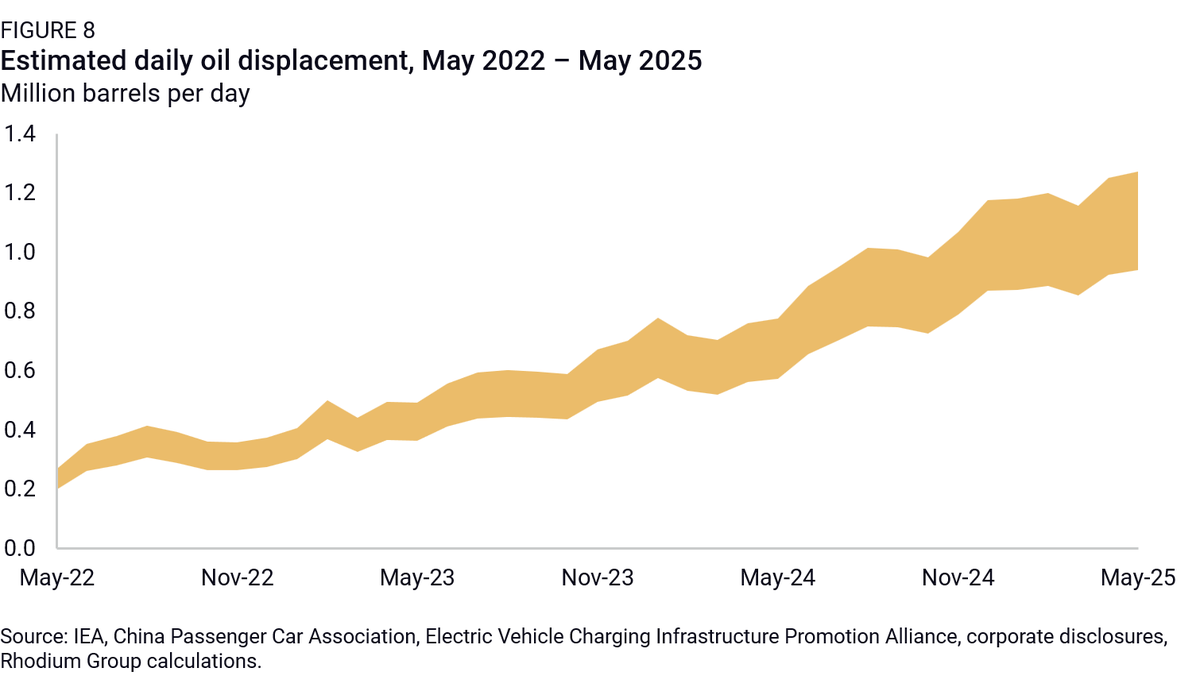
Our latest note looks at the ongoing electrification of China's vehicle fleet—especially in trucking—and estimate what it means for oil demand. China's EVs are already displacing an estimated 1 million barrels of oil demand per day, and that will grow. rhg.com/research/elect…

Concerns are mounting in Brussels that existing tools may be insufficient to address the spillovers from China’s deep domestic imbalances and policies designed to capture global market share. So what policy options are available to the EU? rhg.com/research/if-no…

The repeal of federal subsidies alone could cause wind and solar installations to plummet by as much as 72% over the next decade, according to Rhodium Group. The new tax could depress deployment even further by raising costs an additional 10-20%. nytimes.com/2025/06/29/cli…

In the first quarter of the year, Chinese outbound FDI along the auto supply chain slowed, despite a $1 billion EV battery plant investment by Sundowa in Thailand. Read more: cbm.rhg.com/research-note/…

While China, Europe & the US dominate EV markets today, sales in the rest of the world are rising rapidly, as are investments in domestic manufacturing. Our latest report explores how these countries might seek their place in the global EV supply chain. rhg.com/research/globa…
